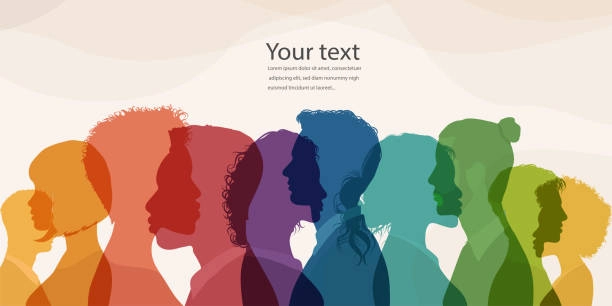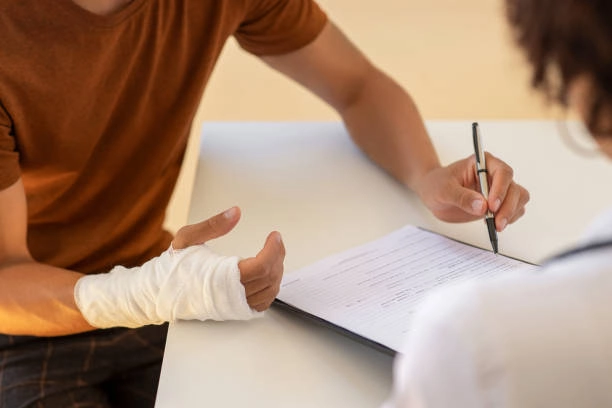How to Negotiate a Fair Settlement with a Personal Injury Lawyer

The Role of a Personal Injury Lawyer in Settlement Negotiations
When dealing with personal injury cases, having a skilled personal injury lawyer by your side can make a significant difference in the outcome of your settlement negotiations. These legal professionals act as your advocate, ensuring your rights are protected and guiding you through the complexities of the legal process. Their expertise allows them to evaluate your case, assess damages, and determine a fair settlement based on factors such as medical expenses, lost wages, and pain and suffering. A personal injury lawyer begins by thoroughly investigating your case. This includes gathering evidence, interviewing witnesses, and consulting medical professionals to build a strong foundation for your claim. This preparation not only strengthens your case but also enhances your negotiating position. By leveraging their experience, your lawyer can effectively communicate with insurance companies or opposing parties, presenting your case in the best possible light and advocating for your best interests.
Ready to connect with top legal professionals? Get immediate support— Call us at 877-550-8911.
Key Factors to Consider When Negotiating a Fair Settlement
To achieve a fair settlement, it’s important to focus on several key factors: 1. Assess Your Injuries and Damages:- Compile detailed records of medical expenses, lost wages, and emotional distress.
- Thorough documentation strengthens your negotiation position.
- Look into average settlement amounts for cases similar to yours in your area.
- This helps set realistic expectations and provides a benchmark for negotiations.
- Consider factors like liability, evidence, and witness testimonies.
- A strong case increases your chances of securing a favorable settlement.
- Negotiations can take time, and being flexible can lead to better outcomes.
- Regularly discuss your goals and strategy with your lawyer to ensure alignment.
Preparing Your Case: Essential Documentation for Negotiation
Proper preparation is critical for successful settlement negotiations. Here’s a breakdown of the essential documents you’ll need: 1. Medical Records:- Include hospital bills, treatment plans, and prescriptions.
- These documents provide evidence of your injuries and associated costs.
- Gather police reports, photographs, and witness statements.
- This helps establish liability and strengthens your claim.
- Keep records of income lost due to your injury.
- This can significantly impact the settlement amount.
- Maintain a personal journal or collect statements from friends and family.
- Emotional distress is often included in personal injury claims.
Effective Communication Strategies with Your Personal Injury Lawyer
Clear and consistent communication with your lawyer is vital for a successful negotiation process. Here’s how to ensure effective communication: 1. Schedule Dedicated Meetings:- Set aside time to discuss your case in detail.
- Prepare a list of questions and concerns to address during the meeting.
- Share detailed information about your injuries, expenses, and emotional distress.
- Provide examples of how the injury has impacted your daily life.
- Pay attention to your lawyer’s advice and ask clarifying questions if needed.
- If you disagree, express your concerns respectfully.
Common Mistakes to Avoid During Settlement Negotiations
Avoiding common pitfalls can significantly improve your chances of securing a fair settlement. Here are some mistakes to watch out for: 1. Underestimating Your Claim’s Value:- Don’t accept the first offer without evaluating its fairness.
- Research and consult your lawyer to determine the true value of your claim.
- Keep detailed records of treatments, expenses, and correspondence with insurance companies.
- This evidence strengthens your negotiating position.
- Take your time to evaluate offers and avoid making hasty decisions.
- Stay calm and focused on the facts during negotiations.

How to Assess the Value of Your Personal Injury Claim?
Accurately assessing the value of your claim is a critical step in the negotiation process. Here’s how to do it: 1. Gather Relevant Documentation:- Collect medical records, bills, and proof of lost wages.
- These documents illustrate the financial impact of your injury.
- Include medical expenses, lost wages, pain and suffering, and emotional distress.
- Look into settlements for cases with similar injuries and circumstances.
- Your lawyer can provide insights into your case’s strengths and weaknesses.
The Importance of Setting Realistic Expectations in Negotiations
Setting realistic expectations is crucial for a productive negotiation process. Here’s how to approach it: 1. Evaluate Medical Expenses:- Consider both current and future medical costs related to your injury.
- Include lost income and potential future earnings.
- Understand how non-economic damages are calculated.
- Be aware of the at-fault party’s insurance limits, as this can cap your settlement.
Negotiation Tactics: How to Advocate for Yourself
Advocating for yourself during negotiations requires a strategic approach. Here are some tactics to consider: 1. Gather and Present Evidence:- Use medical records, accident reports, and witness statements to support your claims.
- Be specific about the compensation you’re seeking.
- Initial offers from insurance companies are often lower than expected.
- Approach negotiations with a clear mind and be willing to compromise when necessary.
When to Consider Accepting a Settlement Offer from Your Lawyer
Deciding whether to accept a settlement offer requires careful consideration. Here’s what to keep in mind: 1. Evaluate Your Needs:- Ensure the settlement covers immediate and future expenses.
- If your case is strong, negotiating further may be beneficial.
- If you need immediate funds, accepting a settlement may be the best option.
FAQs
1. What does a personal injury lawyer do during settlement negotiations? A personal injury lawyer evaluates your case, gathers evidence, and negotiates with insurance companies or opposing parties to secure a fair settlement. 2. How do I determine the value of my personal injury claim? Assess your medical expenses, lost wages, pain and suffering, and research similar cases to determine the value of your claim. 3. What documents are essential for settlement negotiations? Medical records, accident evidence, lost wages documentation, and pain and suffering records are crucial for negotiations. 4. What are common mistakes to avoid during negotiations? Avoid underestimating your claim’s value, failing to document everything, rushing the process, and letting emotions dictate your decisions. 5. When should I accept a settlement offer? Accept a settlement offer if it covers your immediate and future needs, and if further negotiation or litigation poses significant risks.Don’t wait to secure the legal representation you deserve. Visit Legal Case Review today for free quotes and tailored guidance, or call 877-550-8911 for immediate assistance.


